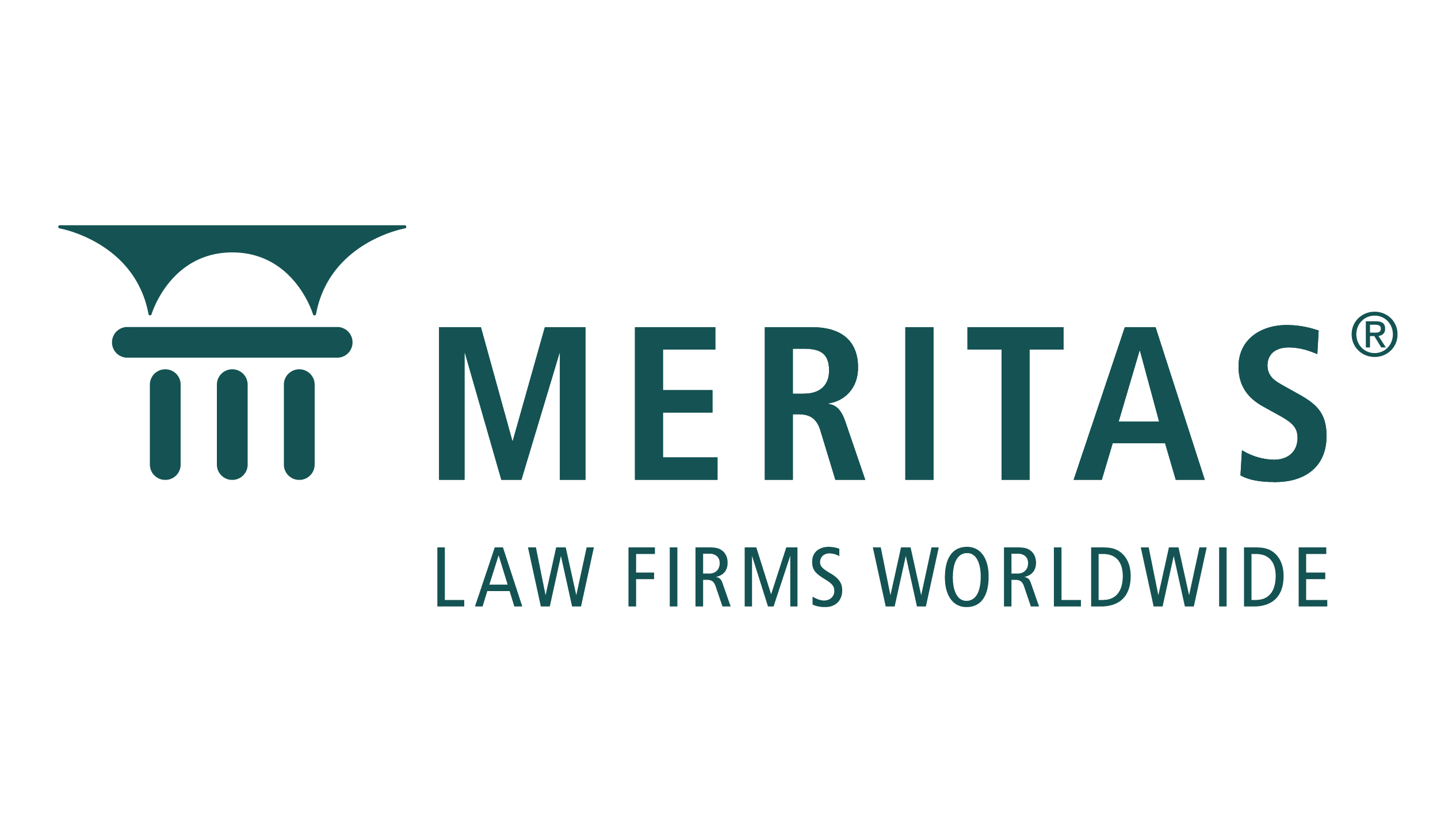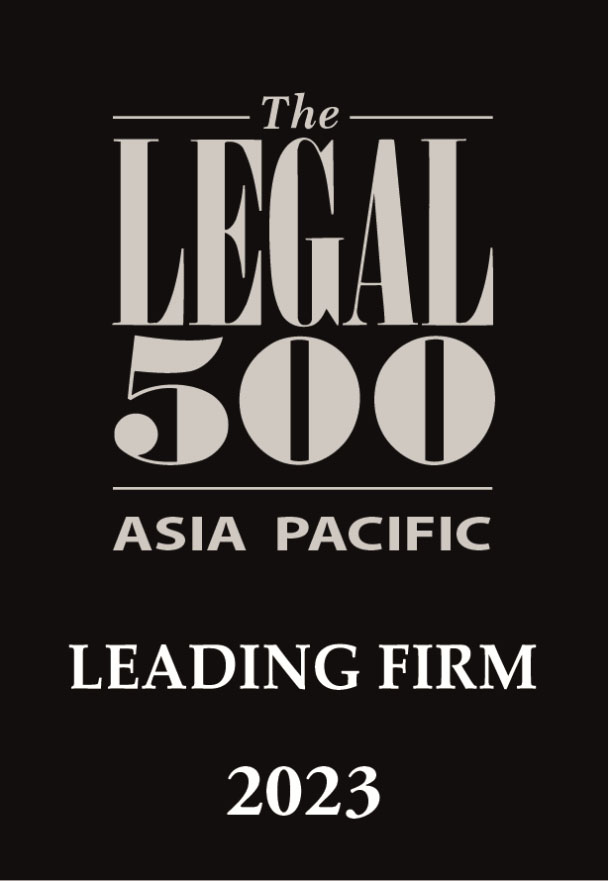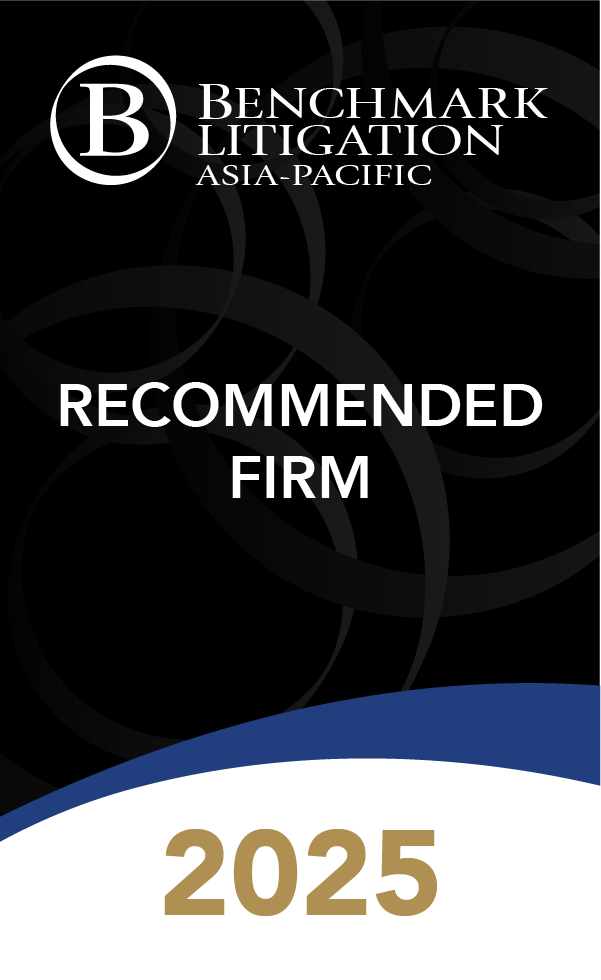
INSIGHT
Musicians v. Copyrights Law: Royalty Disputes under Law No. 28 of 2014
A. Overview of Indonesia’s Copyrights Law and Music Royalties Management
Law No. 28 of 2014 on Copyrights (“Copyrights Law”) provides an alternative way for creators (e.g.,musicians) to earn royalties through the establishment of Collective Management Agencies (Lembaga Manajemen Kolektif – “LMK”)-nonprofit organizations designated to collect and distribute royalties on behalf of creators and related rights holders (vide Article 1 paragraph 22 of the Copyrights Law).
Royalties are defined as compensation for the use of economic rights vested in a creation or related rights products, payable to the creator or the holder of such rights. These economic rights grant creators the exclusive control over the reproduction, distribution, public performance, and other commercial exploitations of their creations (vide Article 9 of the Copyrights Law). Accordingly, any commercial use, including live performances or broadcasting, requires prior permission from the creator.
However, Article 23 paragraph (5) of the Copyrights Law introduces a statutory licensing mechanism that permits commercial performance of creations, such as songs and live shows, without prior individual consent, provided that royalties are paid through the LMK. This allows venues like cafes, restaurant, and event organizers to host performances without seeking permission directly from each songwriter, so long as royalties as properly remitted.
B. Legal Disputes
Despite these mechanisms, legal uncertainty persists. In Decision No. 92/Pdt.Sus-HKI/Hak Cipta/2024/PN Niaga Jkt.Pst, singer Agnez Mo was found liable by the Commercial Court for performing the song Bilang Saja without direct permission from its author, Ari Bias, despite royalty payments having been made through the LMK. The court further ordered Agnez to pay a compensation of 1,5 billion rupiah to Ari Bias.
In its consideration, the court concluded that the LMK’s authority extends only to manage and grant permission on the right to broadcast (mengumumkan – e.g.: play a recording of an artist’s song in a restaurant), while the right to grant licenses to public performances still lies within the creator—without providing any legal basis and ignoring the provisions of Article 23 paragraph (5) of the Copyrights Law which clearly states “… commercially use a creation in a performance …”.
“Ongoing legal disputes signal the ambiguity of LMK’s role to authorize performances under Indonesia’s Copyrights Law”
This case highlights the ambiguity surrounding the scope of LMK’s authority in granting licenses to perform and managing royalty distribution.
In March 2025, 29 (twenty-nine) musicians under VISI (Vibrasi Suara Indonesia) filed a judicial review to the Constitutional Court (Petition No. 33/PUU/PAN.MK/AP3/03/2025), demanding that the Copyrights Law should clarify the scope of performance licensing and royalty distribution through LMKs, particularly under Article 23 paragraph (5) of the Copyrights Law.
The applicants proposed that the:
(i) LMK licensing alone should suffice for performances without requiring direct authorizations from creators;
(ii) royalty payment obligations should shift to venues or event organizers instead of performers; and
(iii) royalty rates and criminal sanctions for non-payment of royalties be specifically regulated.
The petition by VISI remains under review by the Constitutional Court.
C. Conclusion
The Copyrights Law provides a solid legal foundation but faces practical challenges in enforcement and clarity. Ongoing disputes signal the need for refinement to ensure that Indonesian musicians are properly compensated in an evolving music environment.
)))000(((
NOTE
This article provides general information and does not constitute legal advice. Readers should seek specific legal counsel for their circumstances.






